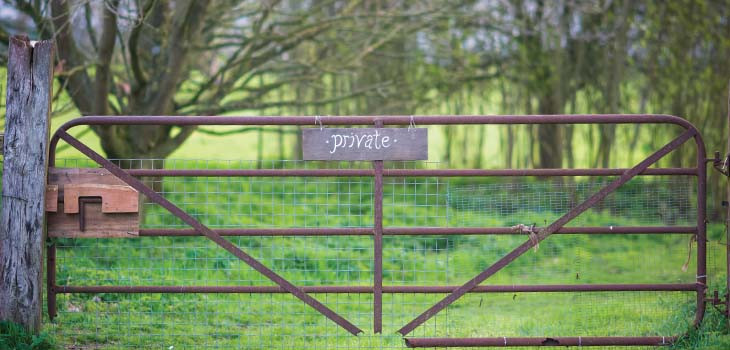
- In claiming title by adverse possession of registered land upon the ground of an uncertain boundary, a party must reasonably believe that they own the disputed land for ten years.
- As a result of two decisions of the Court of Appeal, it has previously been unclear whether any ten years could be relied upon, or if the ten years had to be immediately before the application to the Land Registry.
- The recent decision of the First-tier Tribunal in Crook v Zurich has decisively resolved the point by holding that any ten years’ belief is sufficient.
The Land Registration Act 2002 (LRA 2002) prospectively restricted the acquisition of title by adverse possession to registered land, save in three specific cases, although in each of these cases, the period of adverse possession is reduced from twelve to ten years. The only important case is para 5(4) of Sch 6, LRA 2002 which





.tmb-mov69x69.jpg?sfvrsn=961ae4db_1)
95ca96e3d47f4eff8d147c4f0df17c77.tmb-mov69x69.png?sfvrsn=3db5d86b_1)

